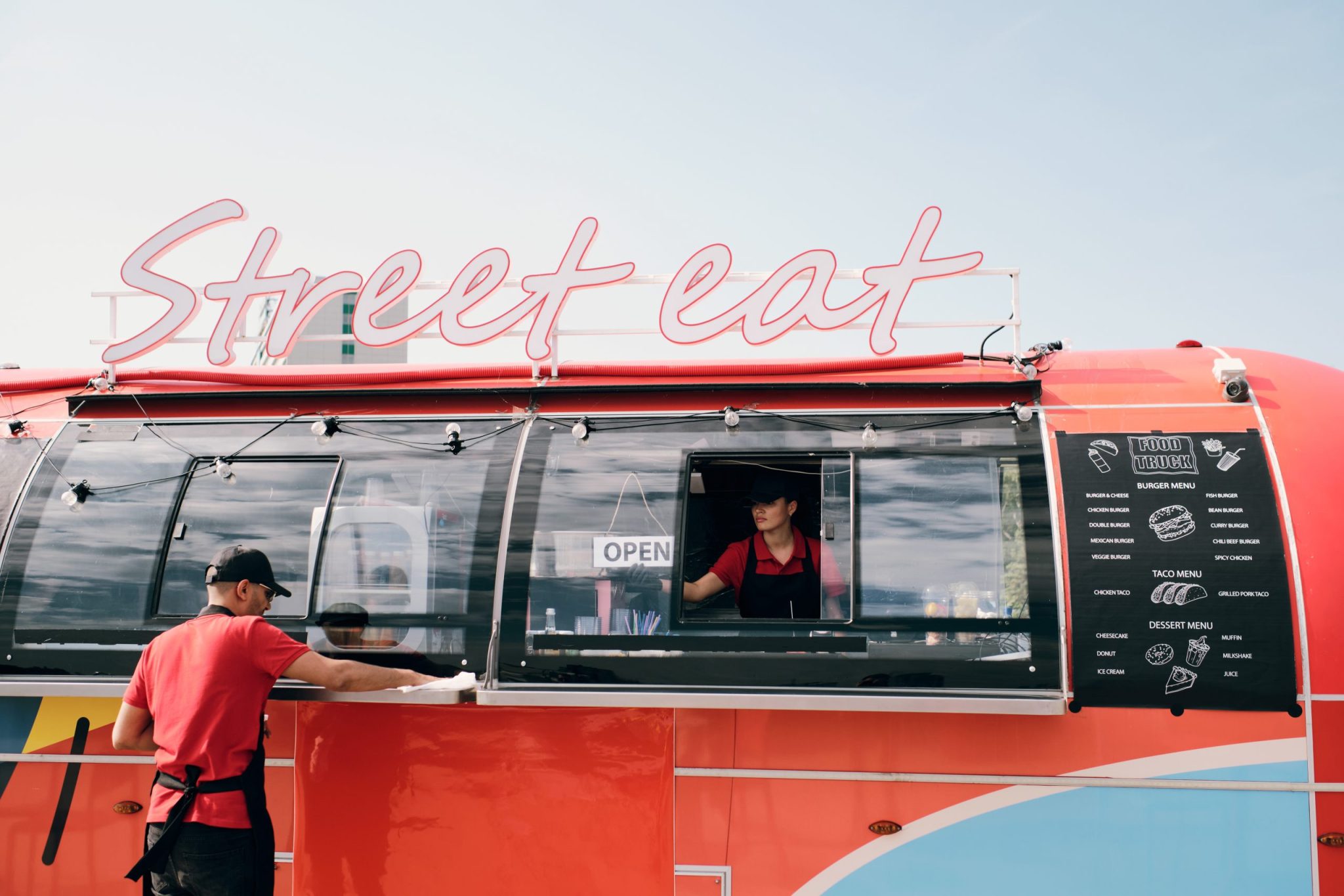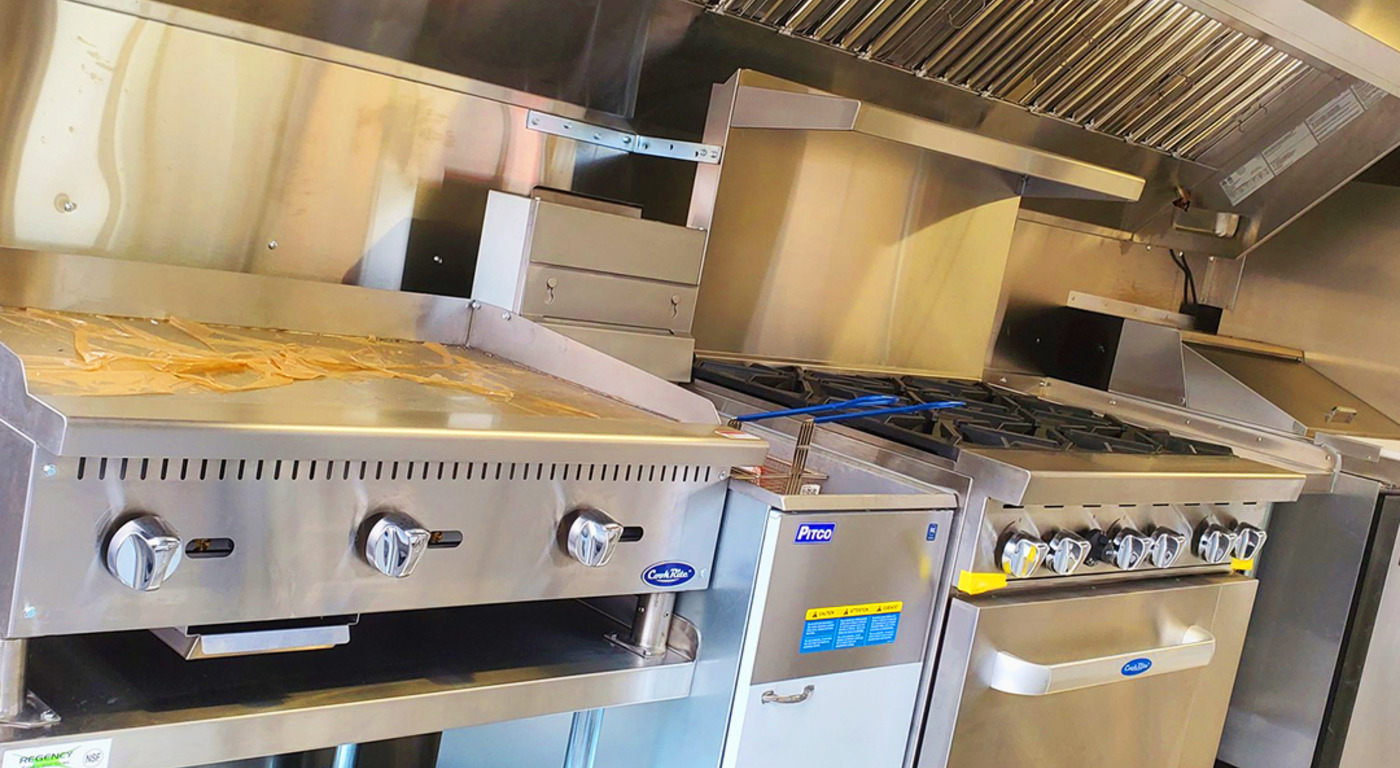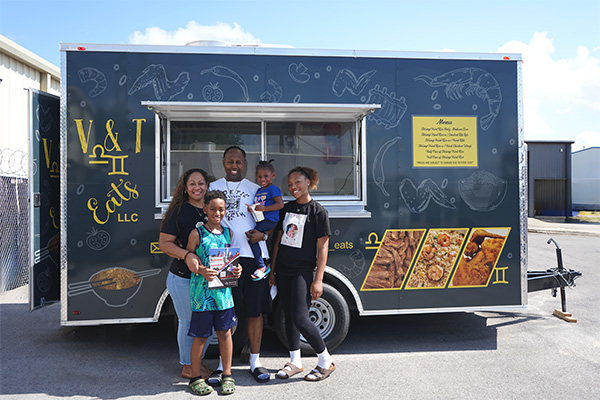
Are you considering getting into the food truck industry but find yourself with so many questions and uncertainties? Don’t worry, you’re not alone. Starting a food truck business can be both thrilling and challenging, and it’s natural to have questions as you embark on this exciting journey.
Today, we’ll address some of the most common questions about starting a food truck business and provide you with the answers you need to kick-start your business success.
1. What are the initial costs involved in starting a food truck business?

The initial costs of starting a food truck business can vary depending on factors such as the condition of the truck, equipment needs, permits and licenses, marketing, and initial inventory.
On average, you can expect to spend anywhere from $50,000 to $100,000. It’s essential to create a detailed budget and consider all the necessary expenses to ensure you’re financially prepared for the venture.
2. How do I choose the right truck for my food business?

Selecting the right truck is crucial for the success of your food truck business. Consider factors such as size, layout, condition, and kitchen equipment when choosing a truck.
Decide whether you want to purchase a used truck and customize it or invest in a custom-built truck. Research local regulations and health department requirements to understand any additional specifications your truck may need to meet.
3. Do I need any special permits and licenses to operate a food truck?

Yes, operating a food truck requires obtaining various permits and licenses. These can include business licenses, food handler permits, health department approvals, and parking permits depending on your location. Research the local regulations of the areas you plan to operate in and ensure you comply with all the necessary legal requirements.
Visit our blog “How to Obtain a Food Truck license” for more information.
4. How do I choose the right location for my food truck?

Choosing the right location is key to attracting customers and generating business. Research the local market to identify areas with high foot traffic, events, and popular food truck destinations.
Explore business districts, parks, college campuses, and entertainment venues for potential profitable locations. It’s also important to consider parking availability, the presence of competitors, and the target audience of the area.
5. What are the essential equipment and supplies for a food truck?

Your food truck’s success might depend on having the right equipment. Invest in a reliable cooking setup, refrigeration, storage, and a generator for power. Ensure that your truck is well-equipped to handle the demands of your menu while adhering to health and safety standards.
6. How do I create a unique and appealing menu for my food truck?
Creating a unique and appealing menu is essential for standing out in the competitive food truck industry. Start by researching popular food trends and cuisines that resonate with your target audience.
Experiment with your recipes and flavors to develop a signature style for your food truck. Consider dietary preferences and allergies to ensure you offer options for a wide range of customers. Regularly review and update your menu to keep it fresh and exciting.
7. How can I effectively market my food truck business?

Marketing is crucial for attracting customers to your food truck. Utilize social media platforms, such as Instagram and Facebook, to promote your truck’s schedule, location, and menu. Engage with your followers by sharing behind-the-scenes content, food photos, and customer testimonials.
Consider partnerships with local businesses, collaborations with other food trucks, and participating in food events or festivals to increase your exposure and reach.
8. How can I handle food safety on a food truck?

Implement strict food safety practices to maintain the highest standards. Regularly train your staff on hygiene, proper food handling, and sanitation. Invest in quality storage and refrigeration equipment to keep ingredients fresh, and conduct regular health inspections to ensure compliance.
9. What challenges might I face in the food truck business?
Anticipate challenges such as inclement weather, parking issues, and mechanical breakdowns. Develop contingency plans to address these challenges and stay adaptable. Networking with other food truck owners can provide valuable insights into overcoming common obstacles.
10. How do I build a loyal customer base?
Foster customer loyalty through exceptional service, consistency, and engagement. Consider implementing a customer loyalty program, offering discounts or special promotions to repeat customers. Encourage customers to provide feedback, and actively respond to reviews to show your commitment to customer satisfaction.
Conclusion
Starting a food truck business may seem daunting at first, but arming yourself with knowledge and getting answers to your questions can help set you up for success.
From understanding the initial costs involved and choosing the right truck to navigating permits and implementing effective marketing strategies, the journey to owning a thriving food truck business is within your reach.
Begin your adventure today and let your culinary dreams take to the streets one delicious dish at a time!

With a proven track record of crafting high-quality and customized food trucks, JRS Custom Food Trucks & Trailers understands the unique needs of the mobile food industry. From design to equipment installation, our experienced team is dedicated to bringing your culinary vision to life on the streets.
Take the first step towards your food truck journey by contacting us today at +1 713-568-2909. Let your food truck adventure begin, and embark on a flavorful journey that will captivate taste buds and leave a lasting impression.

 Proudly built in America
Proudly built in America